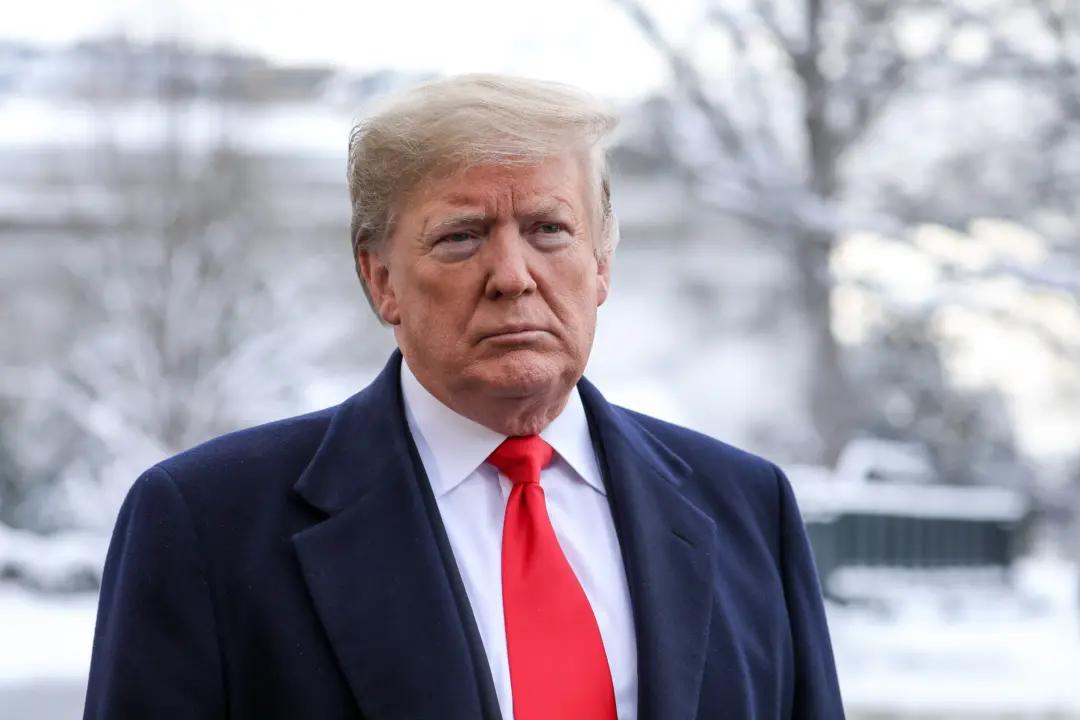Commentary
The Veterans Day holiday this week, coming just a few months after the national humiliation that was President Joe Biden’s botched Afghanistan withdrawal, ought to serve as a wake-up for Washington’s myopic foreign policy and national security establishment, as well as our decadent ruling class more broadly. The best way to honor our veterans in the aftermath of the Afghanistan boondoggle would be to finally end the delusional fantasy that America can, let alone should, attempt to cavalierly export its values unto foreign lands.





